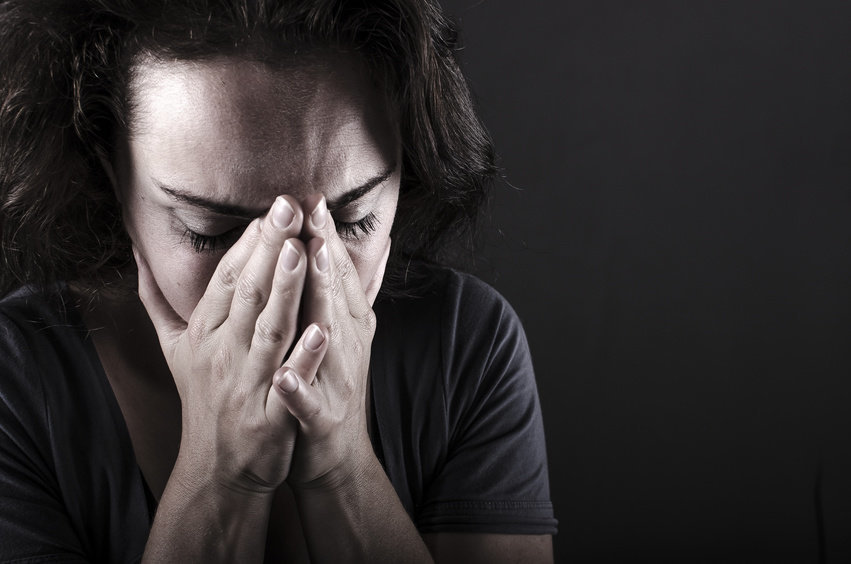How To Manage With The Stress During Menopause?

Women go through challenging phases throughout their lives, with a lifetime arguably so much more challenging than men. Pregnancy, child delivery and child rearing, and menopause are merely just three of the major stages in a woman’s life that not only put her health to the test but also psychologically affects her in many ways.

No less than the World Health Organization has provided the definition that, “Health is a state of complete physical, mental and social well-being and not merely the absence of disease or infirmity”. Menopause, due to the physiological changes happening inside a woman’s body and the psychological distresses that accompany it, causes a woman to be at a very unhealthy state as she goes through this phase.
Menopausal and post-menopausal women are at higher risk of contracting many diseases, including cancers of the breast and ovaries, as well as heart disease and hypertension. Heightened and intense feelings of stress are a major contributing factor to a woman’s ill health during and after menopause. Medications and supplements such as Profemin may help relieve these ill experiences but rarely will these take away the side effects of menopause.
Why is menopause so stressful? The sharp fluctuations in female hormones, particularly estrogen, during menopause cause women to have mood swings. Post-menopause, estrogen is produced by the body in smaller amounts. Keep in mind that estrogen is a female hormone that regulates many female-associated body processes like menstruation, pregnancy, etc. but also, the following:
Now, imagine menopause where estrogen is significantly low, and the variety of very important bodily functions that is affects. These alone are enough to cause women to feel stressed during menopause. The manifestations of stress during menopause include mood swings, difficulty sleeping, night sweats, headaches and difficulty of focusing.
Most women may not need medication to cope with menopausal stress but, everyone is encouraged to generally shift to a healthier lifestyle before, during and after this period. Some of the remedies you can try yourself are:
If you think you need more help, ask your doctor about possible medications. You may have to consider supplementation, such as Profemin, an organic and botanical based supplement that is specially formulated for menopausal women. Other possible treatments you may be prescribed are anti-depressants, sedatives and Hormone Replacement Therapy.
Skipping menopause is not an option so, rather than wasting time ranting about how menopause is giving you a headache, be still and take the necessary steps to help yourself get past it successfully.
